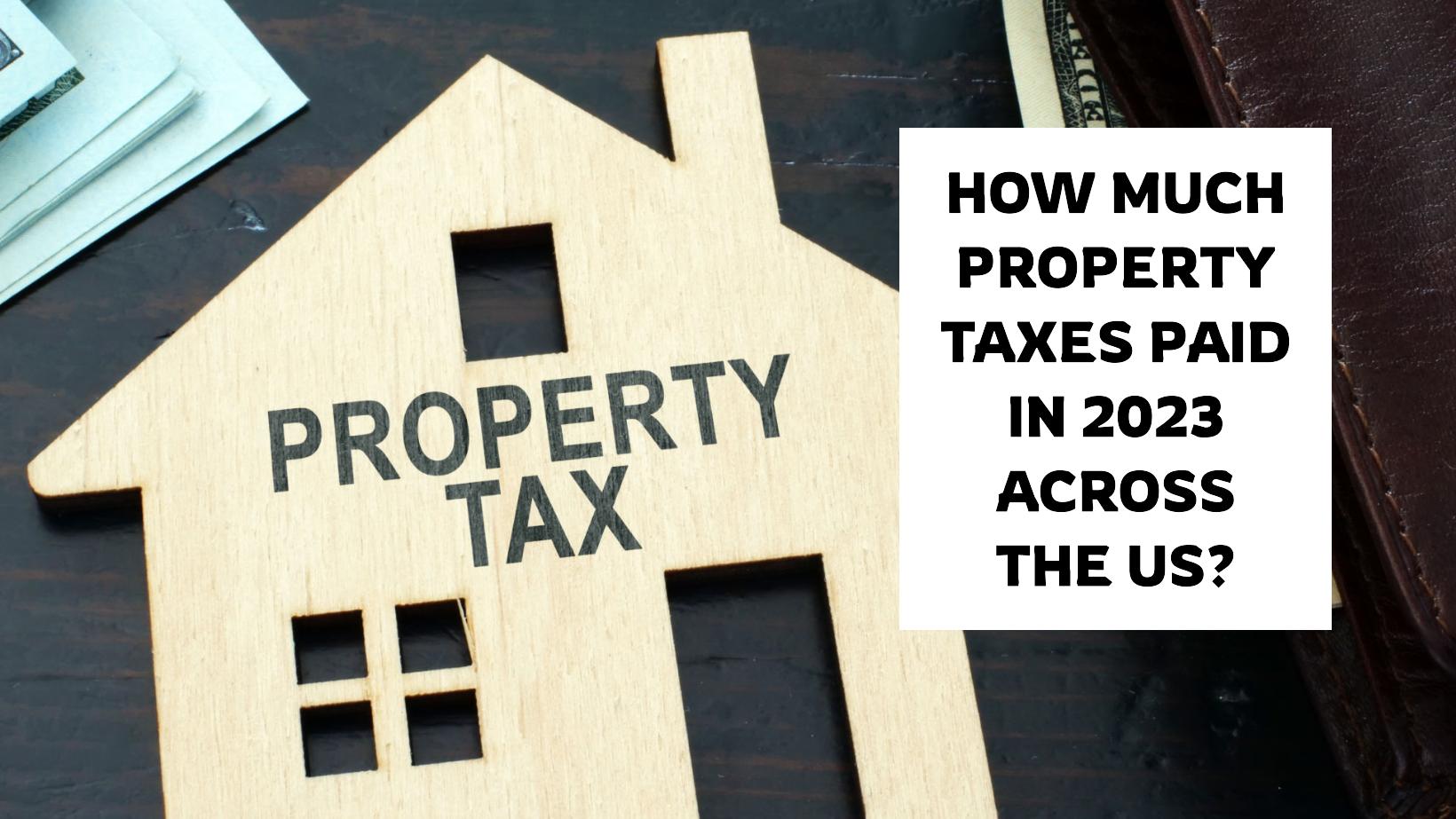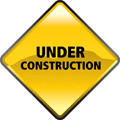In 2023, property taxes emerged as a significant aspect of homeownership costs in the United States, with homeowners across the nation paying an average of $4,112. This figure outlines the financial burden of property taxes that impacts millions of homeowners and provides insights into local government funding sources.
In summary, the data from the National Association of Home Builders (NAHB) indicates that homeowners in New Jersey faced the highest tax bill with an average payment of $9,572, while those in Alabama paid the lowest, averaging just $978. Understanding how much property taxes were paid in 2023 is crucial for current and prospective homeowners, investors, and policymakers.
How Much Property Taxes Were Paid in 2023?
Key Takeaways
- Average Property Tax Paid: Nationally, homeowners paid an average of $4,112.
- Highest Average Property Taxes: New Jersey with $9,572.
- Lowest Average Property Taxes: Alabama at $978.
- Percentage Increases: Every state experienced increases in property taxes; Hawaii had a notable 21.1% rise.
- Effective Property Tax Rate: The national effective property tax rate was $9.09 per $1,000 of home value.
The Landscape of Property Taxes in 2023
Property taxes are essential for funding local services such as education, public safety, and infrastructure. They are typically calculated based on the assessed value of properties, which can vary considerably from one area to another due to various factors including location, amenities, and market conditions. According to the NAHB analysis, based on findings from the 2023 American Community Survey, homeowners collectively paid about $352.3 billion in property taxes for owner-occupied residences.
In 2023, the average property tax across the 86 million owner-occupied homes in the U.S. was reported as $4,112. This figure marks an increase compared to previous years, reflecting a broader trend where property taxes have consistently risen, compelling homeowners to allocate a significant portion of their budgets to these expenses.
Regional Breakdown and Variations
To further illustrate the variations in property taxes, let’s take a closer look at specific states. For example, New Jersey retained the distinction of having the highest average property tax in the nation at $9,572, which is an astounding 30.6% increase compared to the second-highest state, New York, where homeowners paid an average of $7,329. Such disparities raise questions about the sustainability of homeownership in high-tax areas, particularly for lower and middle-income households.
Understanding Effective Property Tax Rates
While the average annual real estate taxes paid underscore the burden on homeowners, understanding the effective property tax rate presents a more nuanced picture. The effective property tax rate is derived by dividing the total real estate taxes paid by the total value of owner-occupied housing. In 2023, this effective rate was calculated at $9.09 per $1,000 of home value across the nation.
- Illinois, transitioning from being previously costly in real estate taxes, now reports the highest effective property tax rate at $18.25 per $1,000. In contrast, Hawaii reported the lowest effective tax rate at $3.18 per $1,000, providing a stark example of how tax obligations can vary dramatically depending on where one resides.
This variation can be crucial for prospective buyers who need to consider not only how much they will pay in property taxes but also how their property's value influences their tax burden. For instance, while properties might be cheaper in states like Alabama, the corresponding property taxes can significantly differ from those in more expensive states like California or New Jersey.
State-by-State Insights
Examining property tax data state by state reveals intriguing insights. Every state experienced increases in the average property taxes paid in 2023. The state with the highest percentage increase in property taxes was Hawaii, where taxes surged 21.1%, indicating rising property values and increased demand. Conversely, New Hampshire, with a modest increase of only 1.1%, showed that maintaining stable property taxes could be achievable despite national trends.
Here’s a snapshot of average property taxes across various states:
- New Jersey: $9,572
- New York: $7,329
- Connecticut: $6,530
- Texas: $4,056
- California: $4,088
- Florida: $2,066
- Alabama: $978
The above figures highlight how property taxes can impact cash flow for homeowners across different states. It's essential for potential buyers to factor in these costs when assessing overall affordability.
Intrastate Variation: A Closer Look
Moreover, while state-level assessments offer valuable insights, the intrastate variation can be just as significant. For instance, within New York, there is a profound disparity in property taxes paid across counties. Homeowners in Westchester County face the steepest average real estate taxes of $14,156, whereas in Hamilton County, the average is a much lower $2,827.
Intrastate disparities can significantly affect residents' ability to maintain their homes. For example, in Westchester, the higher property taxes can correspond to better-funded local services, which some might argue justifies the cost. In contrast, in lower-tax counties, residents might struggle to gather the same level of funding for essential community services.
Intrastate Effective Property Tax Rates
In terms of effective tax rates, Westchester County has an effective rate of $18.34 per $1,000 of property value, placing it in the higher bracket within New York. However, neighboring Monroe County has a staggering effective property tax rate of $26.27 per $1,000, indicating that even within the same state, property owners can face drastically different tax obligations based on their location.
Such variations underscore the necessity for homeowners and buyers to investigate not just state averages, but also local county and municipality rates to fully understand the financial implications of their property investment.
Implications for Homeowners and Communities
The higher property taxes reported across the U.S. largely stem from rising property values spurred by economic recovery and increased demand for housing post-pandemic. While these increases reflect improving real estate markets, they pose challenges for affordability.
High property taxes can affect residents' quality of life by reducing disposable income available for other expenditures such as healthcare, education, and personal savings. When property taxes climb significantly, they can deter potential buyers or even lead existing homeowners to consider selling their properties to escape the financial burden.
Moreover, these tax dynamics can affect local policy-making. Local governments may need to rethink how they manage property taxation to balance funding for essential services with the need to maintain resident affordability.
In My Opinion
In My Opinion
From my viewpoint, the continued rise in property taxes poses critical challenges not just for individuals and families, but also for communities reliant on property taxes for funding essential public services. More should be done to create balance, ensuring that funding structures maintain necessary services while preventing undue financial pressure on local homeowners. Tailored tax reforms that address specific community needs may foster a healthier housing market overall.
Conclusion
Property taxes serve as a crucial financial consideration for homeowners, impacting their economic stability and housing decisions. The comprehensive data from the NAHB reveals a consistent increase in property taxes across the United States, with an average of $4,112 paid in 2023.
This information not only aids in understanding housing costs but also guides prospective buyers, homeowners, and policymakers as they navigate complexities in real estate and community funding.
Understanding these dynamics will help individuals and families make informed decisions, preparing them for the financial realities of homeownership in their respective states and communities.
Recommended Read:
- How Much Property Taxes Paid in 2023 Across the US?
- How to Pay Property Taxes Online?
- What is the Property Tax Deduction Limit in 2024?
- US Tax Brackets by Income: Your Complete Guide to Taxes
- How Does Buying a House in Cash Affect Taxes?
- Can You Deduct Real Estate Taxes: Things to Know
- What Does Assessed Value Mean on Property Taxes?
- How Often Are Real Estate Taxes Paid in the US?
- Property Taxes by County: Where do People Pay the Most and Least in 2022?





